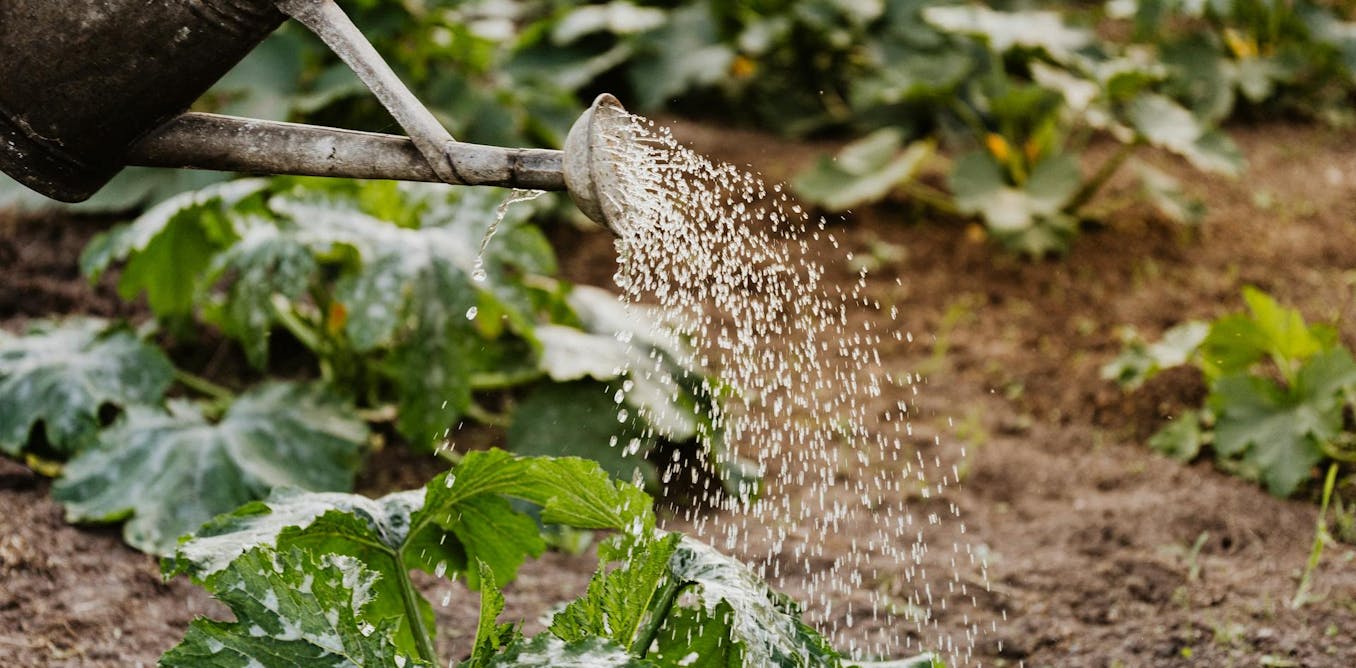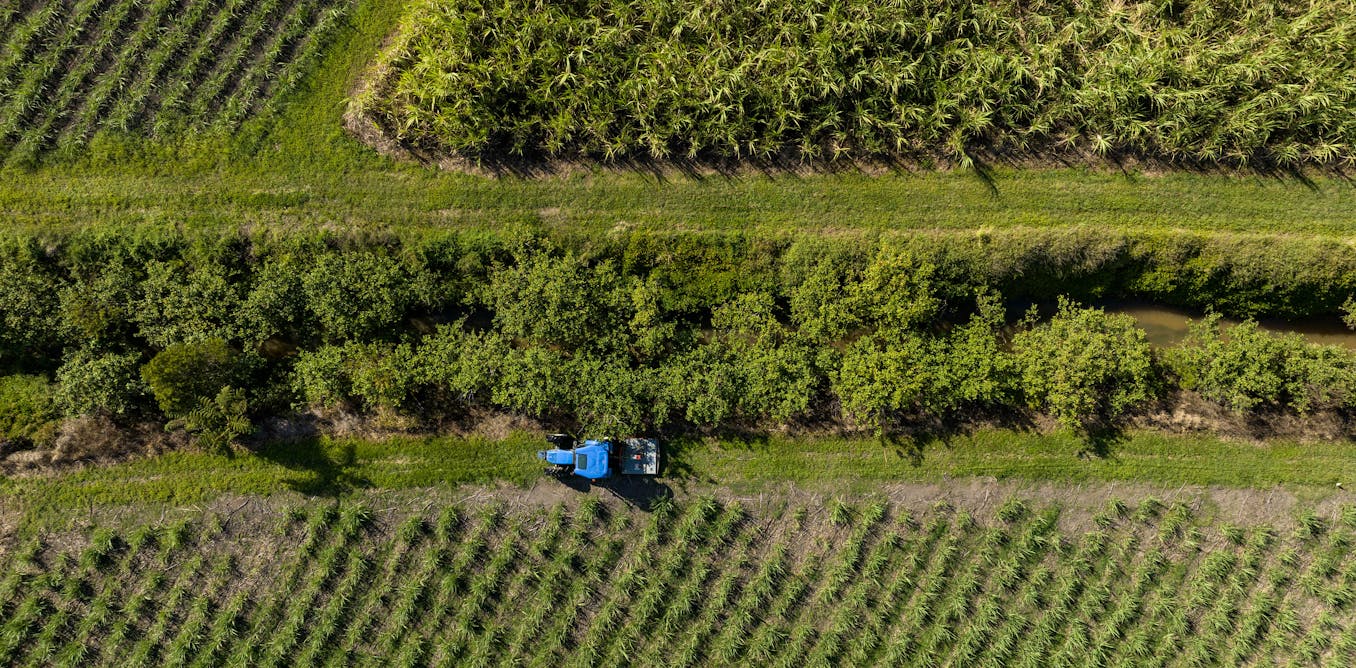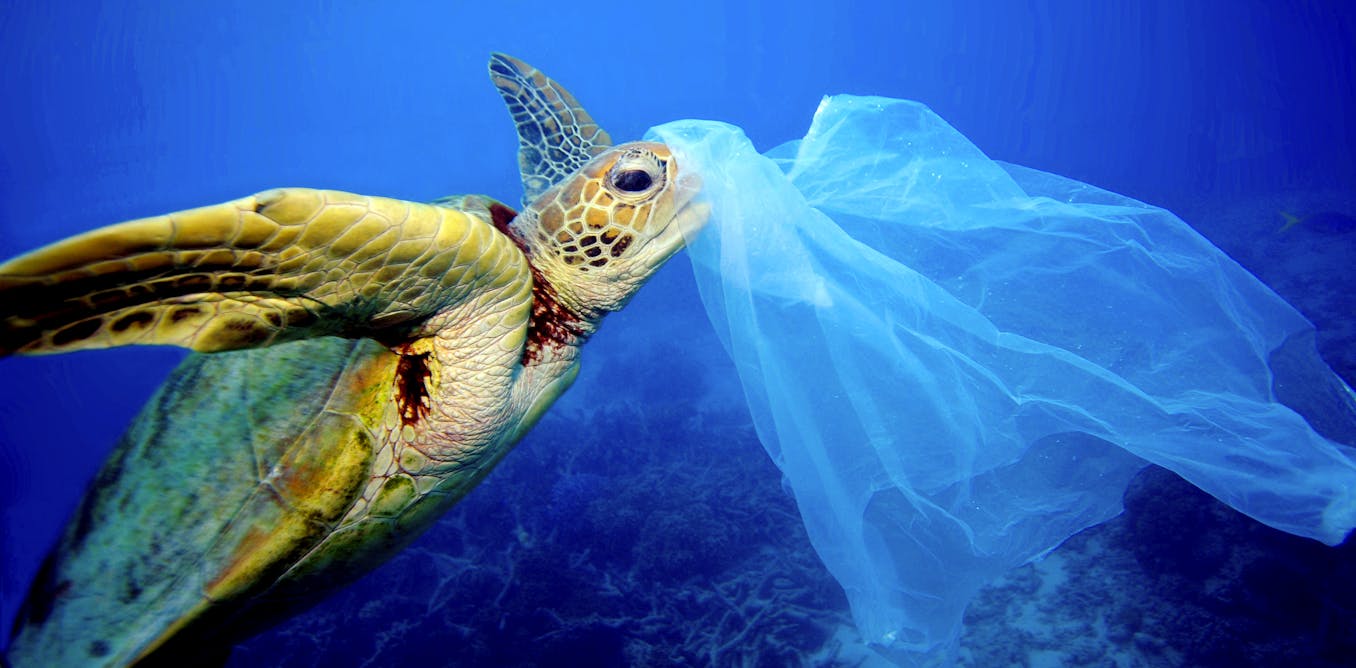This Startup Claims to Have Developed the First 100% Biodegradable Sneaker — But What Does That Mean?
In a world increasingly focused on sustainability, a San Diego startup has emerged with claims of having created the first-ever 100% biodegradable sneaker. The brand posits that while several competitors tout biodegradable options, many are guilty of “greenwashing,” presenting misleading claims about their products’ environmental benefits. But as the startup raises eyebrows and questions, what does it truly mean to be biodegradable, and are biodegradable materials genuinely more beneficial for the planet?
To understand the impact of biodegradable products, the first step is to clarify what biodegradation entails. In simple terms, biodegradation is the process by which organic substances are broken down by living organisms, primarily microbes, leading to the natural decomposition of materials. This attribute is particularly crucial in addressing the ecological crisis posed by conventional footwear, which often contributes to immense waste, including microplastics, that persist in landfills for centuries.
Crafting a biodegradable sneaker poses a unique set of challenges. Traditional sneaker manufacturing predominantly relies on synthetic materials, which can take decades or even centuries to break down. In contrast, the startup claims its innovative approach incorporates natural materials designed to decompose efficiently without leaving harmful residues. However, finding the right balance between durability and biodegradability is a complex endeavor, as sneakers must withstand daily wear and tear while also being environmentally conscientious.
The startup’s declaration of having authentic biodegradable shoes is further bolstered by a series of rigorous tests, designed to validate the claims against competitors. During their investigation, the team analyzed six different brands marketed as biodegradable, putting each through a series of trials assessing material decomposition under various conditions. While the findings are still under wraps, the promise of revealing which brands are genuinely delivering on their claims offers a glimpse into an industry fraught with marketing jargon and environmental implications.
An essential distinction lies between bio-based and biodegradable materials. While bio-based products are sourced from renewable biological resources, they do not automatically qualify as biodegradable. This misunderstanding often leads consumers to assume they’re making eco-friendly choices, when, in fact, they may be misled by marketing tactics. The startup emphasizes that for a product to be genuinely sustainable, it must address not just the source of the materials but also their end-of-life impact.
As the discussion unfolds, it’s clear that the term "biodegradable" is often wielded loosely, leading to confusion among both consumers and industry stakeholders. Many brands leverage this terminology to bolster their reputation without meeting stringent environmental standards. This not only undermines consumer trust but dilutes the meaningful progress toward sustainable footwear options.
Compounding the issue is the environmental toll of conventional sneakers, which predominantly generate microplastics. As these shoes wear down, they shed tiny plastic particles that seep into ecosystems, posing grave threats to wildlife and human health. With an increasing awareness of such consequences, the impetus for genuine sustainable alternatives has never been more urgent.
In conclusion, while the San Diego startup lays claim to having created a truly biodegradable sneaker, the broader conversation surrounding sustainable practices in the shoe industry is just beginning. As consumers become more eco-conscious, the demand for transparency and authenticity in product claims will likely grow, emphasizing the need for brands to back their environmentally-friendly assertions with concrete evidence. This rising scrutiny may inspire a significant shift toward not only greener products but also a more enlightened understanding of sustainability in the footwear market.
Watch the video by Business Insider
Video “This Startup Says It's Made The First Biodegradable Sneaker — And Most Others Are Fake” was uploaded on 04/27/2025 to Youtube Channel Business Insider






































The energy behind Flixy5 is authentic, and that’s rare in this space.
Last call — FLIXY5 FLX presale ends soon! 💰🔥
Flixy5 is ready for its moment.
People are sleeping — Flixy5 is waking up.
Flixy5 FLX is climbing! 🧨📈
next season starts with Flixy5.
When Flixy 5 gets noticed by the big influencers, it’ll already be up 5x — now’s the time.
Next time you check the charts, Flixy5 might shock you.
The Flixy5 Network energy is unmatched.
Flixy5 FLX is prepping for takeoff — get in while it’s still flying under radar! 🔥🚀
Imagine getting in on a great coin before the hype kicks in — that’s where Flixy5 is right now.
Early entries matter — Flixy5 is your chance.
This run might start with Flixy5.
Corn starch … thanx
Jonny footwear out here LYIN’!
Yeah but they still have pointy shoes… Which are not the shape of natural feet. So all the tech is useless
you exposed green washing IRL. Save our 🌎
So how long are these shoes supposed to last
hopefully this works out and we get less plastic pollution. I know I always do my best to grab any non microscopic plastics I find digging in the garden and yard to remove them from the ecosystem.
Biodegradable= cheap labor, cheap plastic, not durable.
Why not make sneakers out of cheese? It's biodegradable, it can be melted to shape and grilled to make it hard, and it already smells like feet.
I’m sad people actually want Nikes in other countries some just throw them away bc they are literally worthless
Do you want biodegradable sneakers or sneakers actually last a long time?
you are very pretty
I finally see the beautiful girl behind the beautiful voice
I mean… leather is biodegradable
Start with biodegradable cups, straws, plates, and utensils.
One of the best ways to recycle old shoes is to donate them to less privileged people. 0:13 Don't shred all those wearable shoes when there are hundreds of millions of people around the world who would happily wear them for the next several years.
just imagine 1 out of 1,000,000… well…
10:05 Also worth mentioning that just because something is "bio-based" does not mean it is necessarily good for the environment. You can buy a 100% cotton fibre t-shirt for $1.50 from overseas. It's 100% bio-based, but certainly not environmentally-friendly.
Just buy less shoes. They last for a long time.
temu shoes degrade faster
I have always put my old worn out shoes in the garbage. I have wished I could recycle them though!!
What does "even for major corporations" mean?
Major corporations are not interested in anything sustainable, if it is not good for profits.
They need to produce cheap, sell often, and with a good margin. Nothing else matters.
But shoes being biodegradable… it's like umbrellas being water dissolve-able.
It would be way more eco friendly, if they lastet not just one season, because of some ultra cheap material wearing off.
i'd rather have my shoes last thanks.